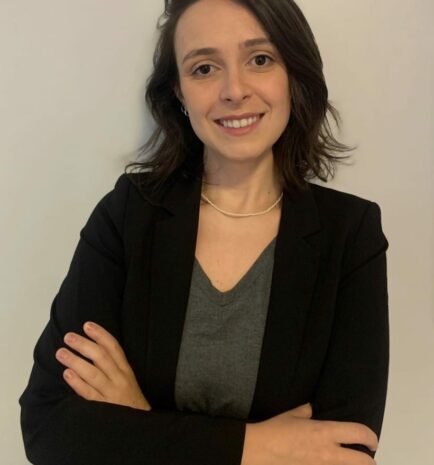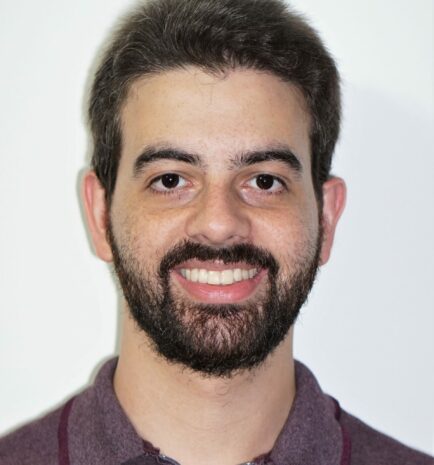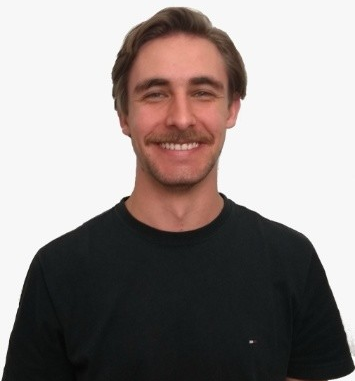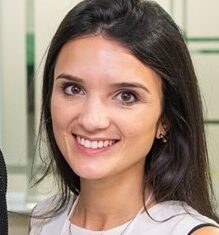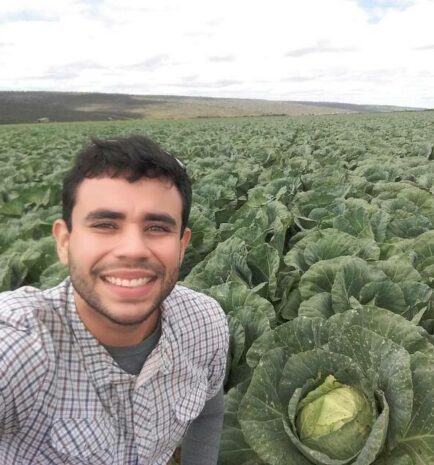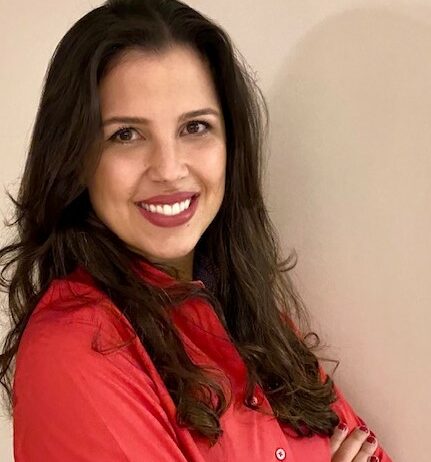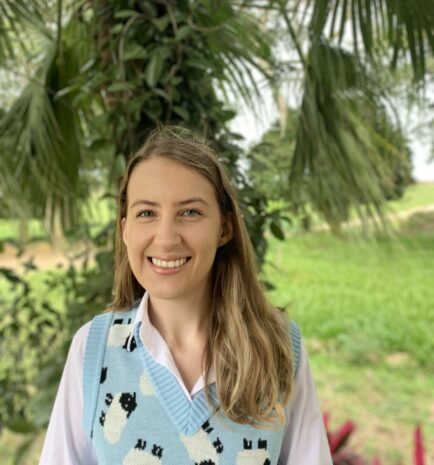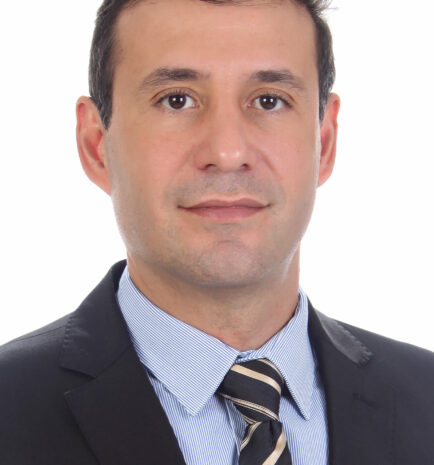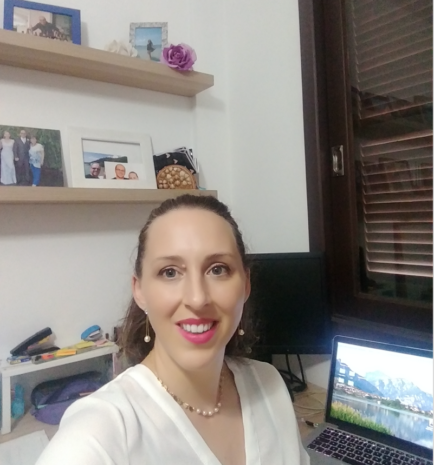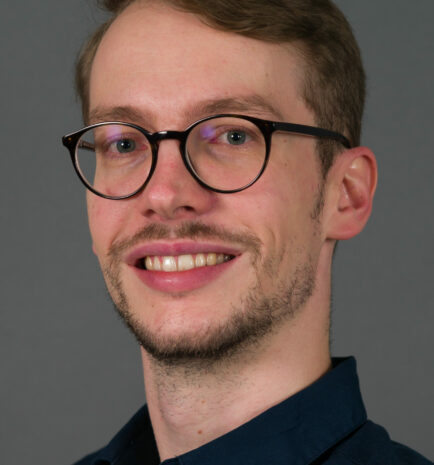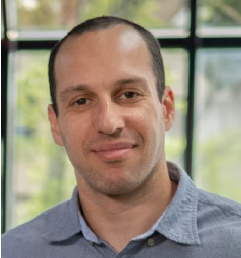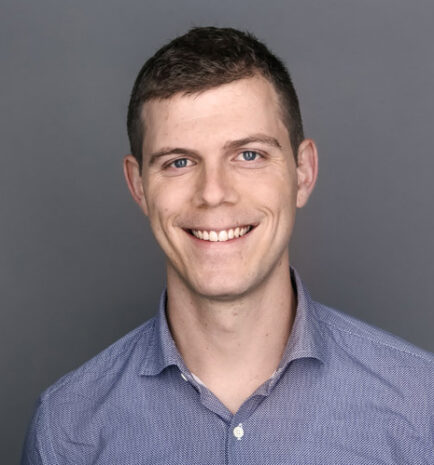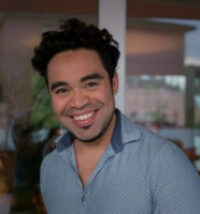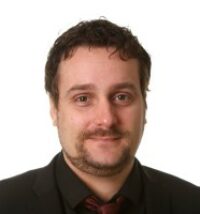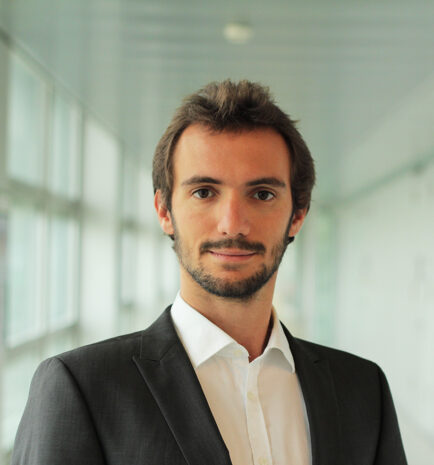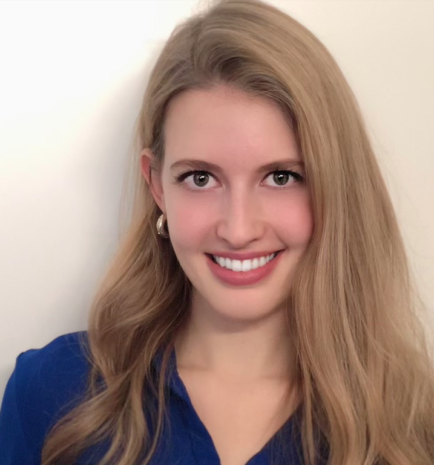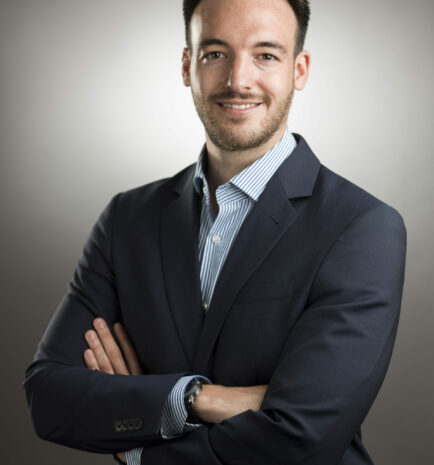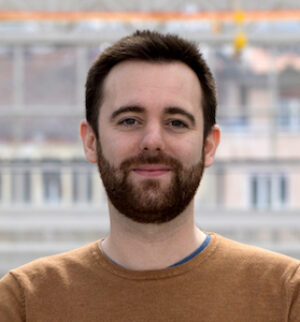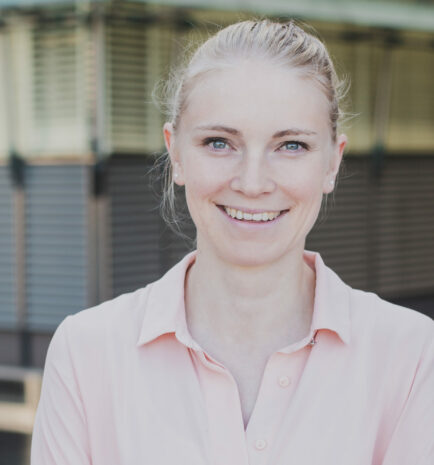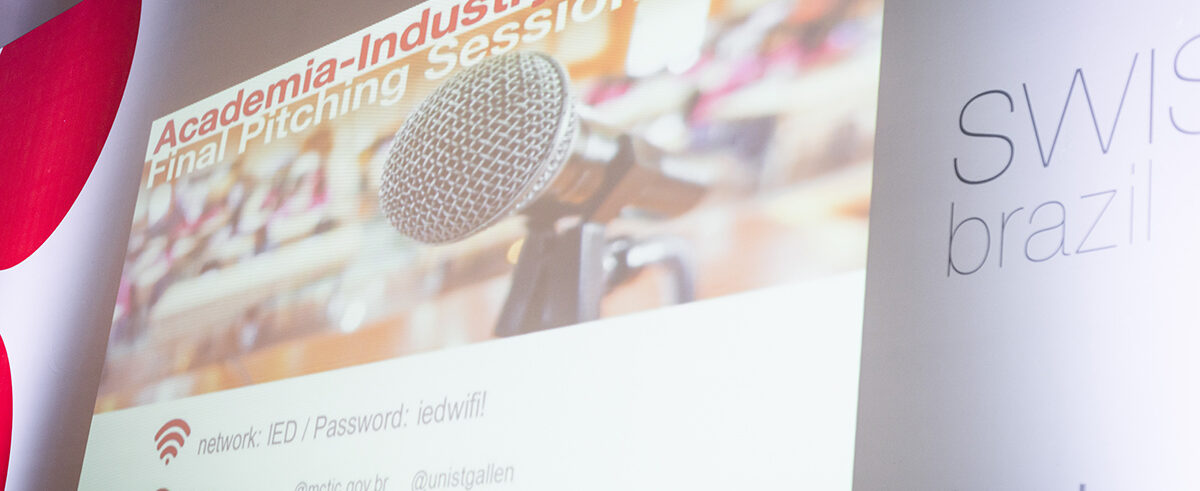
Swissnex in Brazil in collaboration with the University of St.Gallen (HSG), the Brazilian National Council for Scientific and Technological Development (CNPq), the Ministry of Science, Technology, Innovation and Communication (MCTIC) launched training camps for Brazilian and Swiss scientists: “Academia Industry Training” (AIT).
The AIT aims to connect promising researchers-entrepreneurs with the industry in order to develop the market application of their high-level research. It also makes international researchers working together to share best practices, understand new markets, develop new market applications and create synergies.
The AIT is an initiative by Swissnex in Brazil and the Leading House for the Latin American Region (University of St.Gallen), and consists of two phases: a first training camp in Brazil, connecting Brazilian researchers-entrepreneurs with their Swiss peers; and a second training camp in Switzerland, bringing together Brazilian and Swiss participants.
Brazilian participants
-
![]()
Bio
Gabriela Balbinot
PhD candidate, UFRGS and Director of Product at OsciGabriela hold a DDS degree with an undergraduate internship in Dental Materials at Queen Mary University of London and a Master’s degree in Dentistry, focused on Dental Materials from UFRGS. She currently is a Ph.D. candidate at UFRGS with a research internship at the Oregon Health and Science University. She has been working on the development of bioactive materials for tissue engineering, mainly in bone and dental regeneration, and on the translation of these materials to clinical practice. She also is the director of product at Osci.
Osci is a university-based project at the Federal University of Rio Grande do Sul that aims to provide innovative and effective biomaterials to dentists and healthcare professionals. The main goal is to apply high-quality research in evidence-based practices to develop solutions in the regeneration field. We have developed a novel niobium-containing bioactive glasses composition as a material that enhances bone growth for the reestablishment of bone tissue in the mouth, allowing rehabilitation in patients with lost teeth. With bone regeneration ability and easy production, we aim to provide accessible treatments for repairing smiles. -
![]()
Bio
Igor Campos
Mobile System Engineer, Eldorado Research InstituteHe is fascinated by UAVs (drones) and built his first one during hi Master’s thesis in Computer Science, which ended up being in the field of Aerial Robotics. After that he ended up founding an aerial mapping company that relies on a fixed-wing that I built integrating parts from all over the world and did a surveying job on behalf of Airbus in a factory in São Paulo. He eventually began working as a mobile System Engineer in the camera department of Eldorado Research Institute.
We envision creating an ideal, plug and play payload following a standardized connection that employs the CAMPOS method. It also acquires high precision camera position and orientation from communication with the autopilot and directly embeds this data in the photo files that are stored in a removable media. For processing these images in the photogrammetry software one would only need to load them and not need to worry about auxiliary GNSS files neither syncing them with the photographs, a cumbersome, but traditional step today. For this we would rely on Eldorado’s profound expertise on cameras to create a product specifically targeting the UAV market and its inherent characteristics. -
![]()
Bio
Lucas Fachin
CEO, NanoGreenAfter graduating in Chemical Engineering, he worked for 2 years in software startups, taking on commercial and management roles. In 2018, he joined Nanogreen, a startup working on developing new and cleaner nanotechnology, initially for the health sector.
Nanogreen develops and produces ultra pure nanoparticles through an innovative method with less environmental impact. Currently focused on the development of gold nanoparticles for applications such as rapid diagnostics (COVID, pregnancy, dengue tests, etc), cosmetics (anti-aging) and other research (cancer treatment, drug delivery, catalysts, etc.), the company plans to become an international supplier of this material, which is nowadays produced by chemical routes, leading to “dirtier” and less effective particles. -
![]()
Bio
Gabrielle Gautério
Post-doctoral researcher, Federal University of Rio de JaneiroGabrielle Gautério earned her Ph.D. in Food Engineering and Science at the Federal University of Rio Grande in 2020, and currently is a post-doctoral researcher at the Federal University of Rio de Janeiro. She spent a two-month exchange period in the Centre of Biological Engineering at the University of Minho (Braga, Portugal) during her Ph.D. degree (2019). She has expertise in the areas of food bioprocess engineering and fermentation technology, with emphasis on the upstream and downstream processes, as follows: microbial enzyme production, enzyme application in hydrolysis processes, protein purification by different strategies, response surface methodology, bioactive properties, bioprocess scale-up, and valorization of agro-wastes.
Her project consists in obtaining a scalable food ingredient based on a hydrolysate containing bioactive peptides from a by-product of common beans (Phaseolus vulgaris) -
![]()
Bio
Franciele Morawski
PhD candidate, Federal University of Santa CatarinaShe earned her Master’s degree in chemistry in 2017 from the Federal University of Rio Grande do Sul and she currently is a PhD candidate in Analytical Chemistry at the Federal University of Santa Catarina and her thesis project focuses on the development of novel electroanalytical methods for the quantification of inflammatory biomarkers. Her main research interests include large scale fabrication of electrodes and the industrial application of innovative electroanalytical devices.
our proposal is the development of a novel bio-based electrode for the ultrasensitive and real-time monitoring of interleukin(IL)-6, as a major inflammatory biomarker. ELECTRO6 aims to revolutionize the field of inflammation monitoring based on a green, low-cost, and portable immunosensor that displays ultra-sensitivity and suitability for one-drop analysis. -
![]()
Bio
Ruan Carlos Oliveira
PhD candidate, UFCRuan graduated in Agronomy at the Federal University of Ceará (2013), has a specialization in Plant Protection from the Federal University of Viçosa (2016), a Master in Plant Science/Agronomy from UFC (2017) and is currently is a doctorate student in Plant Science/Agronomy at UFC. He was an academic exchange fellow and studied for a semester at Florida Agricultural and Mechanical University (FAMU). In 2018 he did a sandwich doctorate program as PhD student at the University of Queensland (UQ, Australia), developing research on agricultural pest modeling. He is currently Commercial Director at IN Soluções Biológica and student representative chair at the International Pest Risk Research Group (IPRRG). He has experience in the areas of insect ecology, pest modeling and biological control.
N Soluções Biológica emerges as a company providing services to control insect pests. The company aims to meet the desires of different segments of society, especially growers and farmers, for more sustainable alternatives without impacting the environment and human health, providing biological control agents adapted to the conditions in which they will be released. -
![]()
Bio
Isabela Piccirillo
PhD candidate, University of São PauloIsabela is a PhD researcher at University of São Paulo (EESC-USP) in technology management. She has a bachelor degree in Production Engineering from Universidade Estadual de Maringá (UEM) and a MSc also in Production Engineering from the Federal University of São Carlos (UFSCar). Her experience includes technology roadmapping, blockchain and agile project management.
The project is a solution for collaborative innovation project. It proposes a better alignment between the expectations and efforts with security, transparency and with traceable information / data using blockchain technology. It allows better effectiveness in the collaboration process, intellectual property management and, thus, less contract breaches. -
![]()
Bio
Helena Schneider
Co-founder and CTO at ZeoFertilShe has a degree in Chemical Engineering from Universidade Federal do Rio Grande do Sul (UFRGS, Brazil) and Engineering from ECLille (France). She also holds a MSc in Chemical Engineering from UFRGS. She currently is a PhD candidate in Chemical Engineering at UFRGS as well as co-founder and CTO at ZeoFertil.
At ZeoFertil we transform industrial waste into smart fertilizers. We promote circular economy and sustainable development through the recycling of industrial waste (such as coal fly ash, rice husk ash and mining wastes) into smart, efficient, and sustainable fertilizers. ZeoFertil is currently participating in Go.GlobalX, an acceleration program for internationalization, and is a member of the Artemis Project, an acceleration program for female entrepreneurs in the mining supply chain. -
![]()
Bio
Rui Seabra
Vice-Coordinator, Clinical Research Graduate Program (UNESP)He worked in the last five years leading two biopharmaceutical production teams produced in a Brazilian public university. In this period the “Apilic Antivenom” that is the only specific treatment available for bee stings on the market today was developed. The second product is the Heterologous Fibrin Sealant derived from snake venom, which replaces human blood used in the production of commercial fibrin sealants. It is also being tested as a scaffold for stem cells, nerve and bone regeneration. Both products have finished Phase II multicenter clinical trials in Brazil right now and have been patented and licensed. At the moment he is developing expertise in translational medicine and bench to the bedside medicine with approach to development of new molecules in order to bridge the gap between basic and applied research, focusing to activities in the innovation and entrepreneurship
We have developed a Fibrin Biopolymer with homeostatic and adhesive functions, which also provides an excellent scaffold for stem cells and can be used as a drug release system with high regenerative power with the safety already approved for human use in clinical trials phase I / II. -
![]()
Bio
Chiara Valsecchi
Professor at the Federal University of PampaChiara Valsecchi graduated in Chemistry from the University of Milan, Italy, in 2009. She did her graduation at the University of Victoria, BC, Canada. Here, her research was part of the NSERC Strategic Network on Bioplasmonic Systems (BiopSys) that aimed at the development of a new generation of plasmonic nanosensors for cancer detection. After moving to Brazil, she obtained her Ph.D in Chemistry from the Federal University of Rio Grande do Sul, studying the solvent-solvate interactions of ionic liquids by molecular dynamics. Since 2016, she is a Professor at the Federal University of Pampa, Brazil, working on the development of new industrial sustainable materials, like glass and adsorbents for water treatment, from the bio and agricultural waste present in the region.
Her products are the “Phoenix Spheres: light-reflective glass microsphere from rice husk ashes.” Agricultural waste and food byproducts have gained increasing attention, like rice husk ash (RHA). Being a natural product, RHA retains some minerals from the soil that can affect the transparency of the glass. Thus, the crucial step for the effective industrial application of RHA as a source of silica for transparent glass production is the removal of those impurities. In our project, we demonstrated how to produce transparent glass by controlling the redox equilibrium of the glass melt. This allowed the production of a practical and market-ready application for the glass produced by our method: glass reflective microsphere. These spheres are used for road horizontal and vertical signaling. Overall, this project will allow generation of unique new sustainable technology, with an abundant market flow, while redirecting an industrial waste to a new commercial value and improving the development of the agricultural region of Brazil where the Federal University of Pampa is inserted.
Swiss participants
-
![]()
Bio
Nathan Dupertuis
PhD candidate, EPFLNathan is a PhD candidate at the Laboratory of fundamental BioPhotonics, and he holds a MsC in Physics Engineering form EPFL and wrote his master thesis at the Research Institute in Applied Mechanics at Kyushu University in Japan. He is the founder of ORYL Photonics and has previously done an internship at Biosafe SA.
The device measures solubility and aggregation in a much simpler, faster, and cheaper manner than existing technologies. The laser screening device helps researchers who want to improve their aggregation and solubility analyses, by providing an easy-to-use, highly sensitive, and cost-saving device. -
![]()
Bio
Robert Giterman
Post-doctoral researcher, EPFLRobert is a post-doctoral researcher at the Telecommunications Circuits Lab (TCL) at the EPFL. He holds a Bsc and a Msc in Electronic and Computer Engineering both from Ben-Gurion University of the Negev (BGU) and a PhD in Electrical Engineering from Bar-Ilan University (BIU). He has held various teaching positions both at Ben-Gurion University and EPFL.
RAAAM develops the highest-density embedded memory in standard CMOS technology. Embedded memories, mostly based on Static Random Access Memory (SRAM), consume over 50% of the chip size of modern applications, such as artificial intelligence, 5G, Internet-of-Things, and automotive. RAAAM has developed a new type of an embedded memory technology called Gain-Cell RAM, which provides 50% reduced area compared to SRAM and is fully compatible with any standard CMOS fabrication process. Since the chip size is directly proportional to its fabrication cost, customers (fabless chip-design companies) will be able to reduce their fabrication costs while maintaining the same system characteristics (functionality, power, performance). -
![]()
Bio
Andrin Pelican
Founder, Herby -
![]()
Bio
Eric Pinto
Fellow scientist BRIDGE UNIBEEric is a PhD candidate in Microbial Biogeography at the Department of Ecology and Evolution at the University of Lausanne. He has a licenciate in Biotechnolgy from the University of Chile and also is an engineer in Biotechnology. He was a visiting researcher at the ETH Zürich in 2011, and research assistant at the University of Lausanne until 2017. In 2020, he co-founded Terrabiom.
Terrabiom is a technology for soil quality assessment and for regenerative people. Visual surveys and analytical techniques are often used for soil quality assessment. These methods have limitations: they are time-consuming, are restricted just to specific pollutants and require expensive equipment. The technology allows for the fast detection of pollutants and soil diversity, monitoring land restoration efforts and complements and improves the digital soil monitoring. -
![]()
Bio
Jérôme Thevenot
Research fellow, EPFLJérôme holds a PhD in Biomedicine from the University of Oulu (Finalnd) and a Msc in Biomechanics and Biomedical engineering from the Université de Technologie de Compiègne (France) and a Msc in Production Systems from the ESIEE Graduate School of Engineering (France). He currently works as research fellow at the Laboratory of Movement Analysis and Measurement at EPFL.
Inmodi is developing a new generation of smart wearables for in-motion assessment of joint integrity and for delivery of new digital joint health biomarkers to allow personalization of care. Targeted and personalized musculoskeletal health management can help maintain workforce healthy, avoid productivity loss, as well as cut insurance premiums. The Inmodi solution provides an easy way to assess and monitor knee health at any point of care and determines the best possible personalized therapeutic options based on a holistic joint assessment in a natural setting – when the joint is in motion. -
![]()
Bio
Michele Gregorini
Founder and CEO, Diaxxo -
![]()
Bio
Paulina Grnarova
CEO and Co-founder, DeepJudge -
![]()
Bio
David Geisser
Founder and CEO, collectID -
![]()
Bio
Vincent Widmer
Co-founder, Beekee -
![]()
Bio
Nicole Aegerter
Operational lead, Antefil
